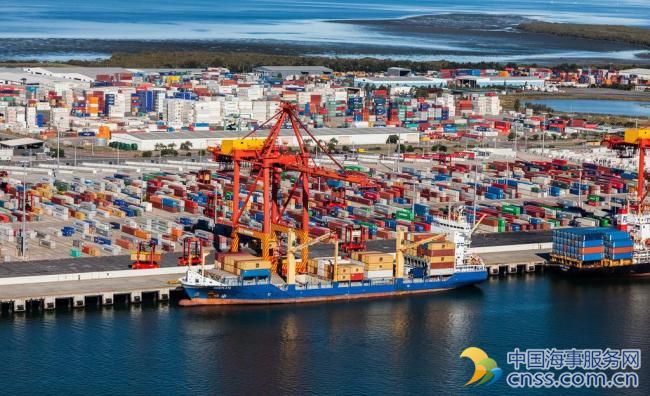BIFA British International Freight Association

The Indian Government Ministry of Finance has recently notified further amendments to its Service Tax Rules 1994 – referring to amendments initially announced with notification No. 30/2012 – Service Tax.
These amendments are referred to as the ‘Service Tax (Amendment) Rules, 2017’ and came into force on 22 January 2017 – only 10 days after publication and with too little time for the trade to react and deal with any changes.
The Service Tax under this rule is an indirect tax levied on services as specified by the Finance Act. The current amount of the Service Tax is 4,5%. Import freight charges have been subject to Service Tax for all collect shipments since June 2016, with freight prepaid shipments being exempted.
With the current ‘Service Tax (Amendment) Rules 2017’, the exemption for freight prepaid shipments is withdrawn making them also subject to Service Tax. Whilst the rule says that the provider of the service is responsible for paying the Service Tax, the rule also allows the recipient of the service to pay for the Service Tax.
Most Shipping Lines have announced that they would start charging the 4,5% Service Tax on freight to India at origin from the shipper for freight prepaid shipments.
The FIATA Working Group Sea has studied the situation at some length and reached the following conclusions:
Lead-time
The mentioned amendments had been announced on 12 January 2017 and came into force as of 22 January 2017, this short notice is unreasonable as it does not allow the trade to prepare or comment.
The logic of indirect tax
The Service Tax is supposed to be collected by the service provider who is recovering the amount from the service recipient. In the context of international freight, both the shipper as well as the consignee can be considered as recipient of the services. However, a taxable person who is part of the tax regime, pays Service Tax and can use it as tax credit in the form of CENVAT credit. The trader who is established in the territory can recover the taxes paid. This is not possible for a person outside of the tax regime.
Legal Jurisdiction
The Service Tax is imposed by the Indian Government and should be collected from persons that are part of the Indian tax regime. It is unreasonable to use foreign entities that are not part of the tax system to collect taxes at a place that is not part of the tax regime territory. There is legitimate question on the fact that such procedure is compatible with international accounting standards and practice.
Service Tax must be collected from the consignee
Having concluded the above and due to the fact that the rule allows for the consignee to pay for the taxes, FIATA Working Group Sea believes it is unreasonable to collect a tax from a foreign person who is not part of the Indian tax regime. Instead it is recommended that the Service Tax be collected at destination, in India and from the consignee who is party to the Indian tax regime and could offset the same as per local regulations available to him/her.
FIATA recommends its members to lobby their Government and relevant authorities along the above-mentioned lines and refuse to pay the Service Tax to shipping lines. In fact, there are shipping lines that have already agreed to collect the Service Freight on prepaid shipment to India at destination. Rather than simply trying to collect the taxes from the shipper, shipping lines should communicate with the Indian Government in order to seek clarification.
Source: BIFA – British International Freight Association
HEADLINES
- Do shipping markets want Biden or Trump for the win?
- All 18 crew safe after fire on Japanese-owned tanker off Singapore
- Singapore launching $44m co-investment initiative for maritime tech start-ups
- Cosco debuts Global Shipping Industry Chain Cooperation Initiative
- US warns of more shipping sanctions
- China continues seaport consolidation as Dalian offer goes unconditional